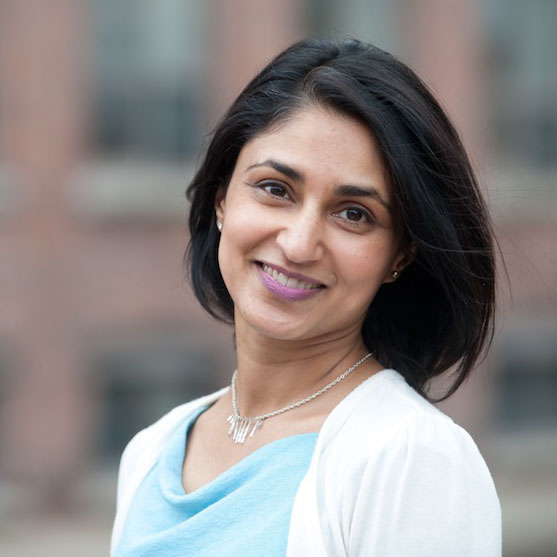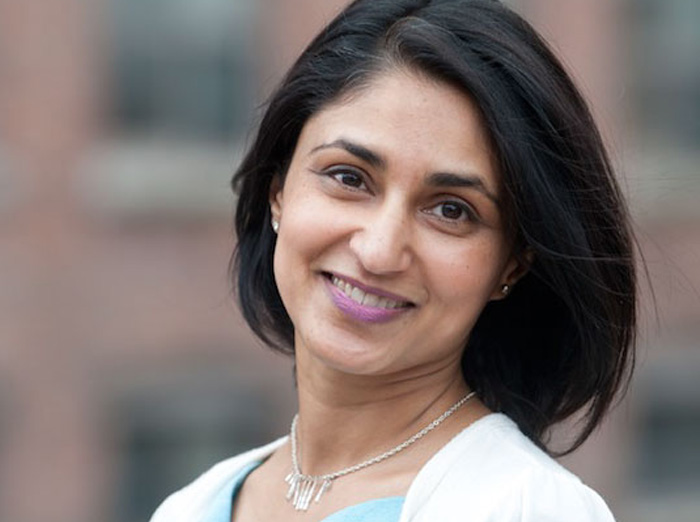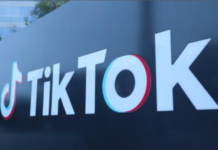BOSTON—Rupal Patel, a speech scientist and technologist with over 15 years of clinical and research experience in assistive technology, is truly the hope of speech. This week Patel was extensively featured in a Wall Street Journal article profiled 16-year-old Max Plansky who is trying to find his own voice. For Max, the effort is complicated by the fact that he needs to use a communication device to talk, the national business daily said.

“These are issues that Rupal Patel, a speech-technology professor on leave from Northeastern University, has been thinking about for years,” Wall Street Journal said.
Dr. Patel is chief executive of VocaliD, a Belmont, MA, company that custom-builds voices for the speech-impaired. She is a tenured Professor at Northeastern University in the College of Computer and Information Science and the Department of Communication Sciences and Disorders where she founded and directs an interdisciplinary laboratory.
Patel also holds appointments in the Harvard/MIT Speech and Hearing Biosciences and Technology program, The Department of Psychiatry at University of Massachusetts, and Haskins Laboratory at Yale University, according to her bio on VocaliD website.
“She became interested in personalizing synthetic voices, she says, after attending an assistive-technology conference where she heard a young girl and an older man conversing by means of the same synthetic voice,” Wall Street Journal said. “How come this young girl has the same voice as this adult male?” Dr. Patel recalls wondering.
A native of Canada, Patel received her BS from the University of Calgary and her Masters and PhD from the University of Toronto. She then completed her post-doctoral studies at MIT. She has over 50 peer-reviewed journal articles and several hundred conference presentations in the areas of speech motor control and assistive communication technology and has raised $5M+ in research funding from federal agencies and foundations.
Patel’s firm is working on creating custom synthetic voices. VocaliD began with the realization that even those with limited speech have unique vocal identities that could and should be harnessed.
“Our patent pending technology builds on years of speech science research and theory to combine the recipient’s voice characteristics with a database of speech recordings from a matched donor. The result is a hybrid voice that preserves the clarity of the donor’s recordings but conveys as much of the recipient’s vocal identity as possible,” according to VocaliD website.














